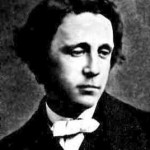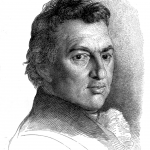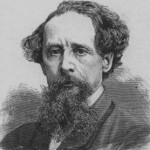




This course will explore the idea of “England” through British literature, poetry, histrorical texts, and film by asking students to consider it as a constructed space that cultural producers have sought to “reboot” almost since its inception. A term borrowed from the lexicon of computing, to “reboot” means to restart a machine or operating system. In cultural and literary terms, “rebooting” means something similar: to start anew with fresh ideas in a way that is consistent with the principals of the original, but not unnecessarily constrained by what has taken place before. Beginning with a reading of Geoffrey of Monmouth’s Historia Britonum and the notion that Britain derives its name from Brutus, the alleged great-grandson of Aeneas (who, arguably, arrived on English shores with the idea of rebooting Troy), students will move through redactions of Arthurian legend, Shakespearean drama (our focus will be on the particularity with which contemporary performances of Shakespeare are inevitably in conversation with contemporary articulations of Englishness) and conclude with a consideration of how nineteenth century London novel (as exemplified by Dickens) compares with the twenty-first century productions of Zadie Smith, Hanif Kureishi, and the BBC rebooting of Sherlock.
There are no comments